I spontaneously decided to travel to Bulgaria, mostly because of a new flight connection from my home city to Sofia. I therefore explored Bulgaria with few expectations — and I ended up loving it!
While Bulgaria hadn’t been on my radar, I suddenly realized what I’d been missing out on.
A big part of its appeal is that you can visit some mindblowing locations — such as the epic Belogradchik Fortress or the stunning Devetashka Cave — and only have to share them with a handful of other visitors. If you want to go somewhere before it’s really ‘discovered’, go to Bulgaria now.

However, Bulgaria can still feel a bit like a diamond in the rough and there are aspects some visitors may like or dislike. While ultimately subjective, let me share with you some of my pros and cons of Bulgaria — as well as a few things that are simply useful to know.
Hopefully, you find this useful in making up your own mind as to whether to add Bulgaria to your travel list — and to be better prepared when you do.
Pros and Cons of Bulgaria
Bulgaria is so authentic
I need to start this list with an overwhelming positive: Bulgaria is so wonderfully authentic. It’s not visited as much as some other European destinations, and you can easily tell it hasn’t been spoiled or commercialized nearly as much.
Do keep in mind that tourism development is one or two steps behind other countries in the region, which you can view as a pro or con depending on your perspective. Nothing a backpacker would mind, but still something to mention in a post like this.
For instance, I felt that in Romania (in Transylvania in particular) more energy has been invested in terms of tourism infrastructure, restoration, promotion, etc. In Bulgaria I felt some of the bigger mainstream tourism potential is still unrealized. Of course, that can also make it really fun to discover it for yourself.
Curious about what Bulgaria has to offer? Then don’t miss my epic travel vlog that takes you on a journey through Bulgaria:
The history is super fascinating to learn about
Something I love about traveling to places like Bulgaria is the chance to learn parts of European history that just aren’t taught in school.
(At least, not for me growing up in the Netherlands, where the historical canon includes only the big hits like the French Revolution or the Roman Empire.)
Did you know the Second Bulgarian Empire stretched to cover parts of modern-day Greece, Romania, Serbia, Albania, and Turkey?
At Tsarevets Fortress in Veliko Tarnovo, you can still get a sense of the sheer size of its ancient capital — in the Middle Ages, this city’s grandeur was often to Rome and Constantinople.

Meanwhile, the city of Plovdiv is considered one of Europe’s oldest centers of civilization (possibly even the oldest), with a history stretching back to the 6th millennium BC.
You can see several Roman ruins here as well as the remains of the mid-4th century AD basilica, famed for its magnificent floor mosaics.

Since Bulgaria saw the coming and going of many empires over the ages—Romans, Byzantines, Ottomans—there are a variety of archaeological sites to explore, with each period having brought different architectural and cultural influences.
Sofia was nicer than I expected
Okay, I get it—Sofia is no Rome or Paris. But Bulgaria’s capital has more to offer than some of the online takes had led me to expect.
True, Sofia is mostly a modern city and not always so ‘beautiful’ in an Instagrammy sense. However, it does have its share of fantastic architecture, several compelling museums, and some fantastic Bulgarian food.
It’s also a great base thanks to several day trips that depart here, not to mention the Vitosha Mountains that are right on its southern outskirts.
You can check my Sofia vlog on YouTube to get an idea of what to expect of the city.

My number one tip is to go on a walking tour of Sofia the first thing you arrive. Hearing the stories behind the city will bring it to life. Keep your eye out for the amazing street art, don’t miss the fascinating Red Flat, and take some time to observe the street life around the Lion Monument or The City Garden. (You can find more suggestions here.)

While it’s highly worth properly exploring Sofia, I did find other Balkan capital such as Tirana or Sarajevo more instantly appealing. I kept thinking that some cool revitalization or creative projects could really bring out the best in Sofia, but they still seem lacking.
For a historical city with more charms and cultural activity, there is also Plovdiv, which was the European Capital of Culture in 2019 and has an especially wonderful vibe.
You can have some epic places virtually to yourself

Honestly, I couldn’t believe how uncrowded certain places were in Bulgaria — even at the peak of the summer season. (I should note that I didn’t travel along the Black Sea coast, focusing my trip on cities and nature in the interior.)
A great example is the ancient fortress in Belogradchik. It’s one of the most unique castles I’ve ever seen and the views from the top are jaw-dropping, but I only had to share this huge site with a dozen or so other visitors.
Yep, a stunning view like this is a lot better enjoyed when you’re not pummeled in the face by a thousand selfie sticks!
That’s just one of the reasons why it’s worth traveling a little off-path.
Which brings me to the next point…
Traveling in Bulgaria is relatively easy
Bulgaria may seem a little exotic — at least, it is to me as a Dutch guy unaccustomed to the Cyrillic alphabet, among other things. But practically and logistically, it’s a fairly easy country to travel through.
Trains or buses are easy to book. Just keep in mind they’re NOT typically listed on global apps like Omio, Trainline, etc. Departure times are also often incomplete when searching on Google Maps. For trains, you can buy tickets via the official site. For buses, I used the Bulgarian site BusExpress.
The Metro in Sofia is super easy to use. You can simply check in using any contactless payment method.
The exchange rate for the local currency is also easy to remember: it’s roughly 2 leva to 1 euro.
The language barrier is very manageable
The Cyrillic alphabet and Bulgarian language can be a little puzzling at first. At least, I have zero knowledge of either, so I was prepared to have to improvise a great deal.
However, most signs are also displayed in English and almost all young people will speak it. Restaurant menus are typically in English as well (only once or twice in smaller villages did I find Bulgarian-only menus). While I met a few taxi drivers and older people who only spoke Bulgarian, Google Translate was always there to help.
Bulgarians are a friendly bunch
While I shouldn’t extrapolate too much from a few random encounters on one trip (it’s always a bit silly when travel bloggers do!), what I can say is that I loved the vibe in Bulgaria. Throughout my trip, I found the locals to be friendly and open.
Keep in mind that we are still in Slavic territory, so don’t expect your waiter to always greet you with a Disneyland smile. It’s just not that kind of culture. However, behind a few stoic facades, I found that people are often very curious and chatty.
I somehow ended up having a lengthy conversation with the security guard at the archaeological museum in Sofia just because he wondered where I was from. When traveling by train or bus, multiple people offered to help me with directions. And I ended up having friendly conversations with Bulgarians during my hikes. This was typical during my trip.
Cultural pro tip: Shaking and nodding are reversed in Bulgaria. When someone seems to be saying ‘no’, they might mean ‘yes’!
Safety is not a major concern
I also don’t want to extrapolate too much from my personal experience here, but Bulgaria definitely made the impression of being a safe country for me.
I’m sure street crime does happen in the cities, so it makes sense to take care of your valuables (as anywhere). I’ll bet there are some suburbs in Sofia that aren’t as safe as the center. Generally, though, I didn’t give safety issues any more thought than I would anywhere else.
One place I did keep reading warnings about is Sunny Beach. It’s a mass tourism destination on the coast with lots of easy prey for criminals (e.g. drunk Brits). I didn’t go, but it sounded like a place I’d want to avoid anyway.
There’s fantastic mountain hiking in Bulgaria

It turns out Bulgaria is an excellent destination for mountain hiking, with a plethora of trails in several mountain ranges including Rila, Pirin, Balkan Mountains, and Rhodopes.
For a perfect taste of what’s on offer, you can book a tour from Sofia to the 7 Lakes hike. Some people say this is Bulgaria’s best hike.
A ski lift can take you to around 2100m elevation, so you’re rewarded with amazing views right away. You can also adapt your route for different difficulty levels or durations. (I did my route in about 5 hours, but you can do routes lasting much longer or shorter.)

Bulgaria is also extremely well set up for multi-day treks where you walk from hut to hut. If I’d known this, I might have planned a longer trek during my trip. Some Bulgarians told me about a five-day trek through the Rila Mountains that seemed absolutely amazing. When I come back to Bulgaria, I definitely want to do a mountain trek.
But local hikes seem like a rarity
As much as the mountain trekking is well-supported with huts, signs, and route maps, my impression is that hiking is much less developed at a local level.
Smaller forest trails around villages or cities seem to be lacking. I struggled to find hikes close to Veliko Tarnovo for instance, despite it being in such a wonderfully scenic location. (Actually, there was one to a swing at a viewpoint, but it was really hard to find.) There weren’t any walks in Lovech either, apart from a park by the river.
It felt that outside of the big mountain ranges, the trail networks don’t really exist so much yet. I’m just comparing this to my adopted home of Portugal, where just about every village seems to have local hiking trails.
Somehow it was hard to go for a swim
I feel like this point is almost too specific, but what the heck, I’m going to make it anyway. I was in Bulgaria at the height of summer and found it difficult at times to escape the heat and hit the water!
In Albania, Bosnia-Herzegoniva, or inland Croatia, I rarely found myself that far away from a river beach, lake, waterfall, or some other swimming hole. But in Bulgaria, I found it more difficult to cool off from the searing temperatures that often exceeded 35° C.
I suppose locals will simply head for the Black Sea coast, which wasn’t on my Bulgaria itinerary. I don’t know if it’s just me or the specific places I chose to visit, but I found it harder to find any water recreation in the interior. If I’d had a few more days on my trip, I might have just made a beeline to North Macedonia for a stay at Lake Ohrid.
If I had to plan my trip again, I might have done it in spring or autumn to avoid the heat and have an easier time focusing on the cultural and historical sights.

The cuisine is lovely
If you have any trouble imagining what Bulgarian food is like, you merely need to look at where Bulgaria is located on the map and draw your conclusions.
Bulgarian food sits more or less at the confluence of Slavic / Eastern European cuisine, Turkish influences (owing to the Ottoman times) and even a bit of Greek thrown in.
A signature dish, the Shopska salad, may remind you a little of a Greek salad. The tarator cold soup feels faintly like a liquid tzatziki. Kebabs and kofte (minced meat) in turn may remind you a bit of Middle Eastern food.
It’s a wonderful combination of flavors and it’s usually at very affordable prices too.
Bulgaria is highly affordable
While the locals surely aren’t thrilled about Bulgaria having currently the worst economy in the EU, it does offer great value for money for outside visitors.
To give you some idea, most normal restaurant meals will cost around 10 EUR. A 1st class train ticket for a 5-hour journey cost me around 10 EUR. A half-liter beer might be as little as 1 EUR.
I mostly opted for budget hotel rooms or guesthouses, which are typically in the 25-30 EUR/night range. One exception is the capital, where budget rooms with a good rating (8.0+) on Booking tend to be closer to 50 EUR per night. The best place to look for smaller or local hotels is, as always, Booking.com.
If you’re a backpacker then you can find plenty of dorm beds for 10 EUR a night. The best place to look for hostels is on Hostelworld.com. Don’t miss my guide to how hostels work.
It’s no longer outside of Schengen
The high affordability of Bulgaria (for foreigners) has attracted a fair share of long-term backpackers as well as digital nomads seeking a low cost of living. The ‘digital nomad village’ in Bansko became a popular international stop for nomads for this reason.
However, in 2024 Bulgaria joined the Schengen zone, which is the area of the European Union without border checks. As a result, Bulgaria is no longer attractive to long-term travelers looking to stay in Europe beyond the 90 days allowed by the Schengen visa.
I spoke to hostel owners who bemoaned the number of visitors in 2024 being significantly lower than in previous years. One theory was that the Schengen situation may have something to do with it.
Previously, long-term travelers from outside the EU would look at a map for non-Schengen areas and naturally end up in Bulgaria, but this flow of visitors has now dried up. That said, the low cost of living can still make it an excellent choice for travelers and nomads.
It is probably obvious by now that I highly recommend traveling to Bulgaria! Feeling inspired? Then check out my Bulgaria itinerary or my tips for Sofia.
Because of the digital nomad community in Bansko, I’ve noticed many travel bloggers mainly talking about this mountain town. However, there are amazing things to experience all over the country.
For a more complete impression, I can definitely recommend an extended road trip or train journey through Bulgaria. If you’re looking for an original and largely unspoiled destination in Europe, this is it!
Some links may be affiliate links, meaning I may earn commission from products or services I recommend. For more, see site policies.
Posted DEC 03, 2024



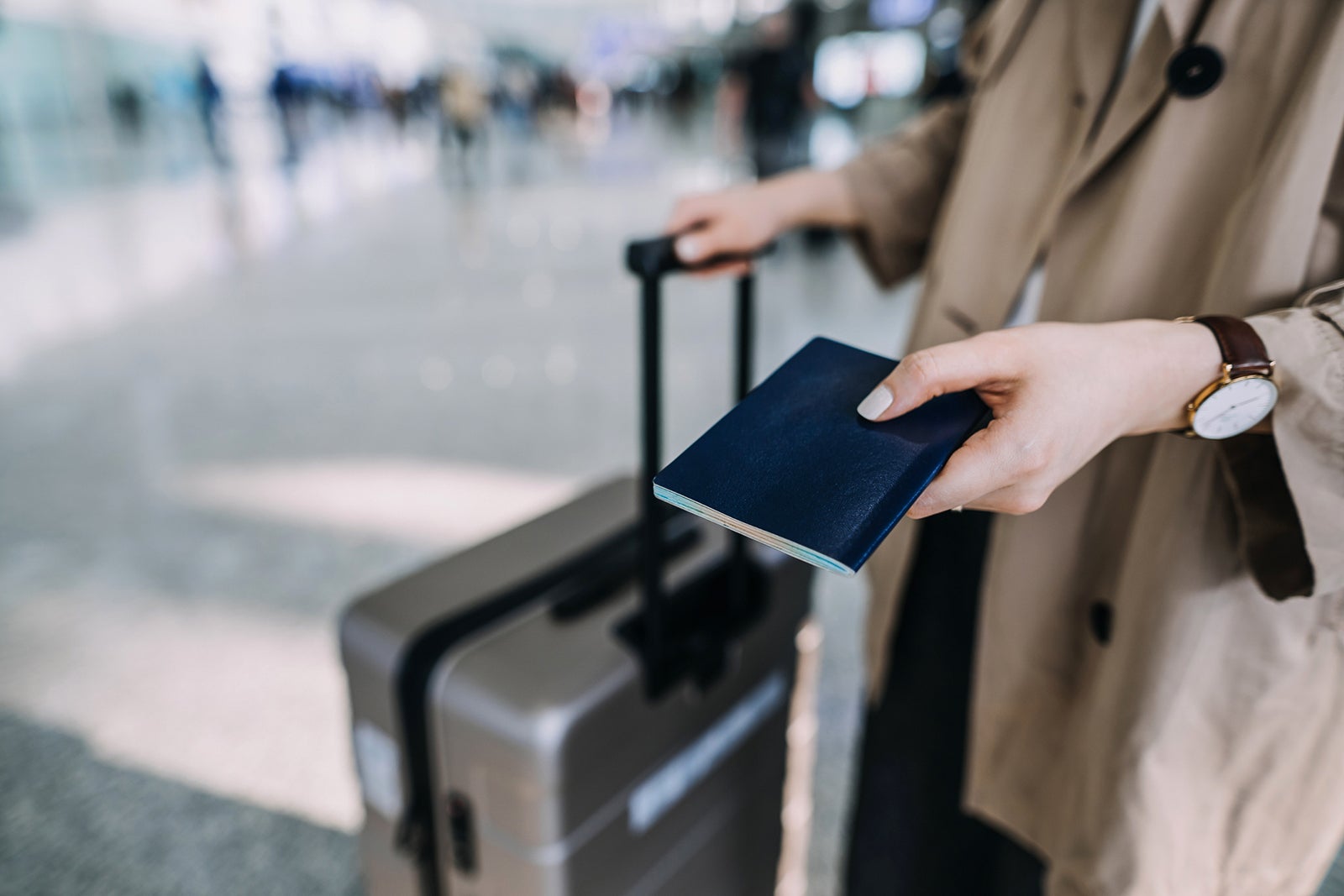


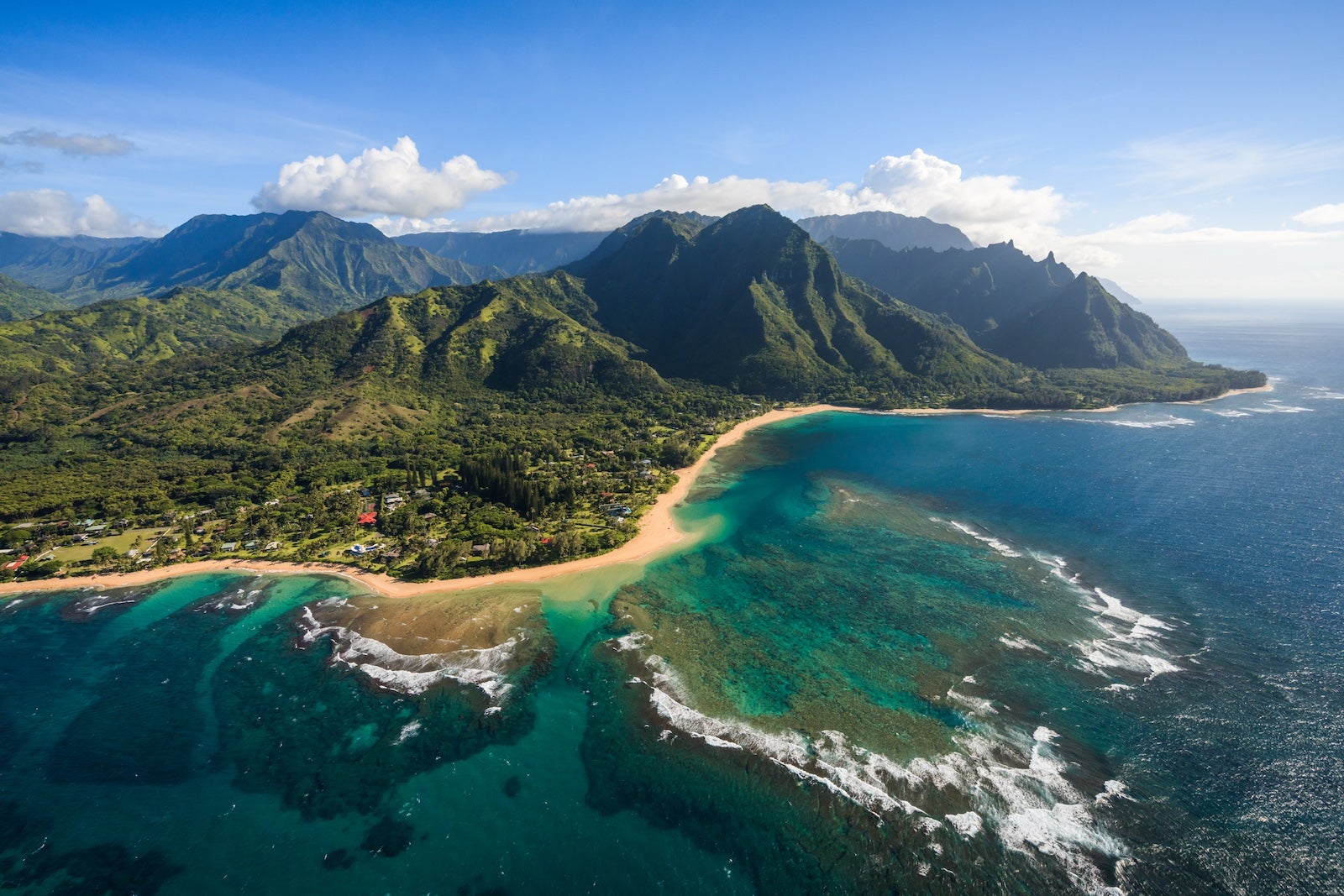
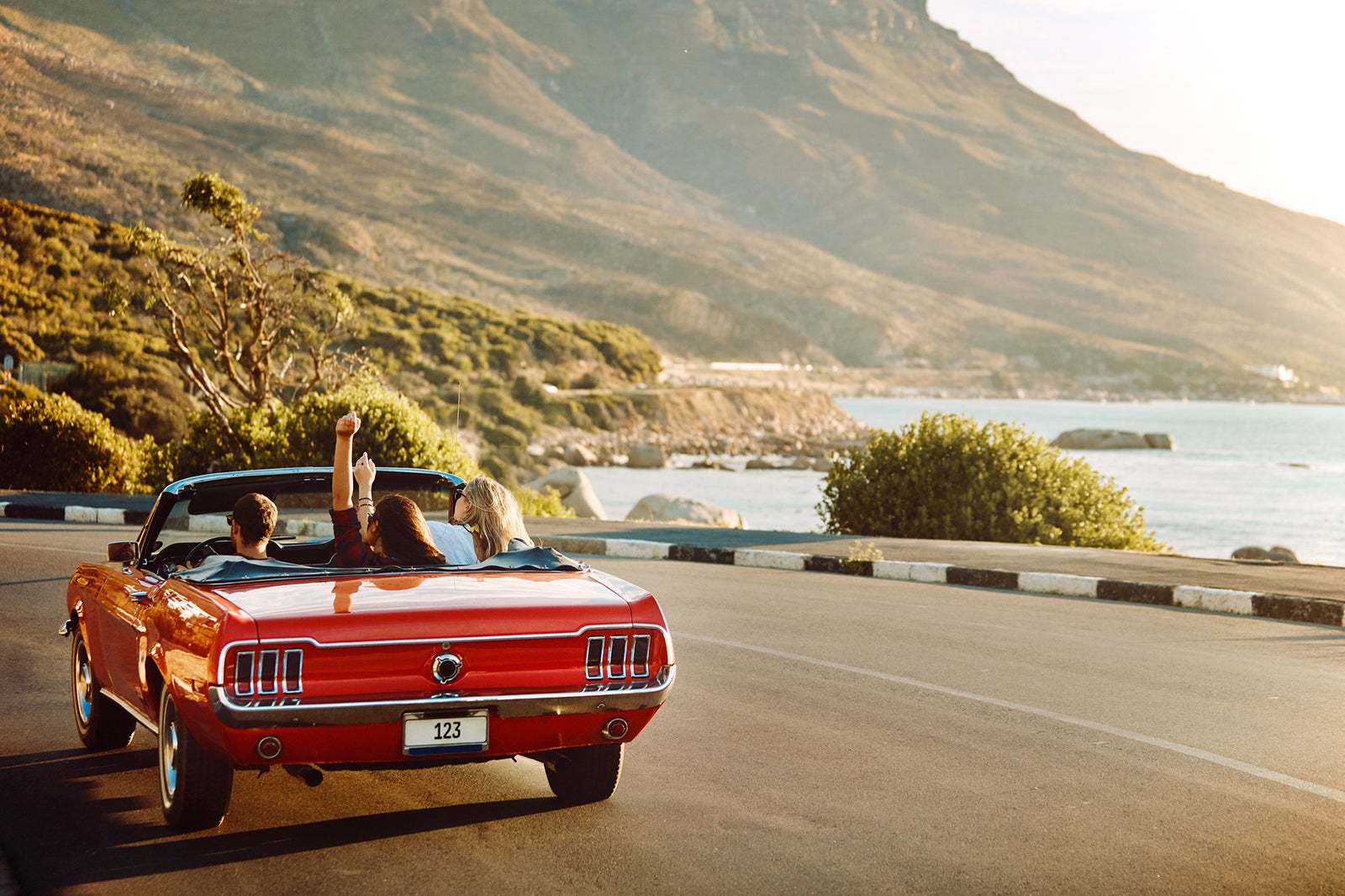


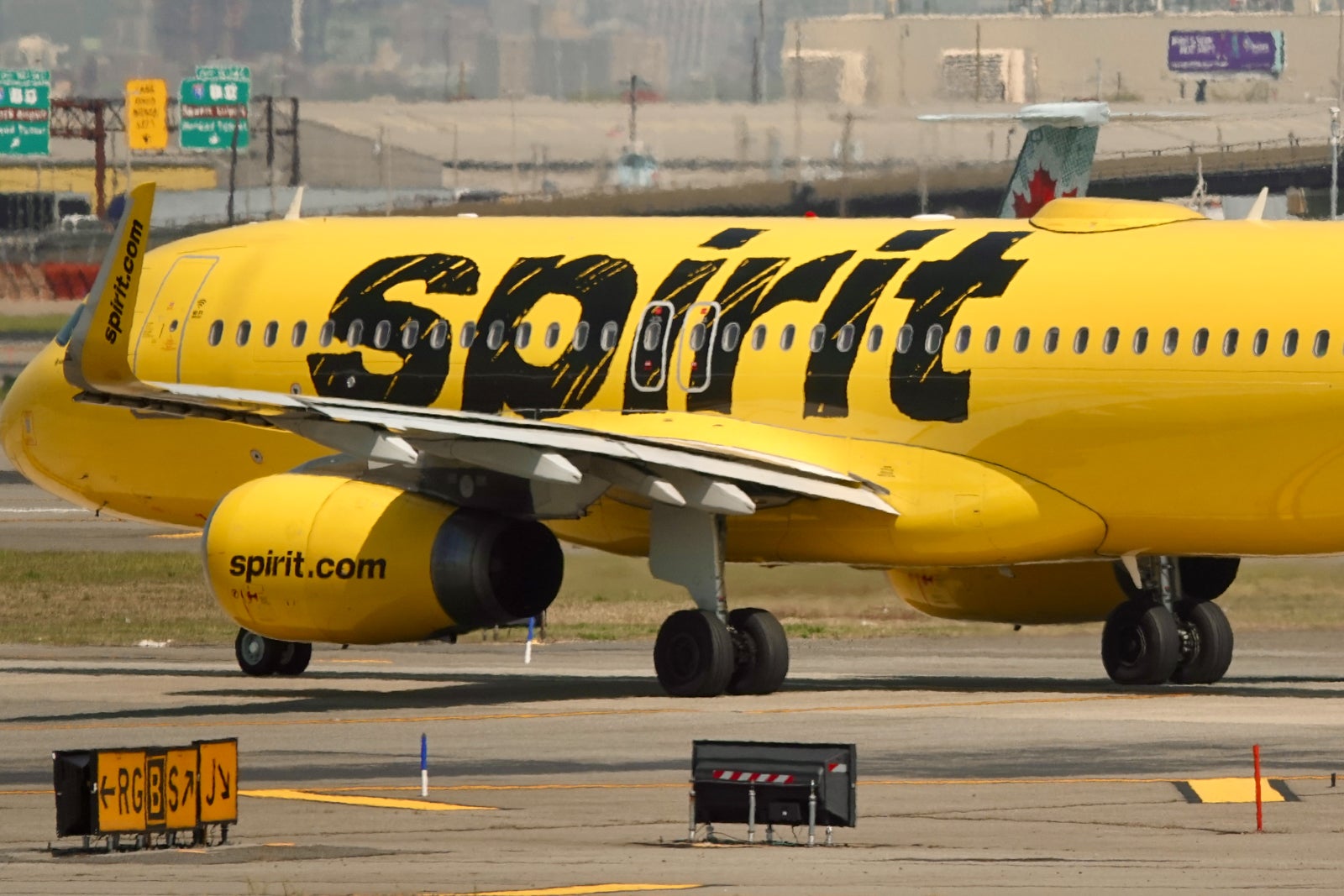
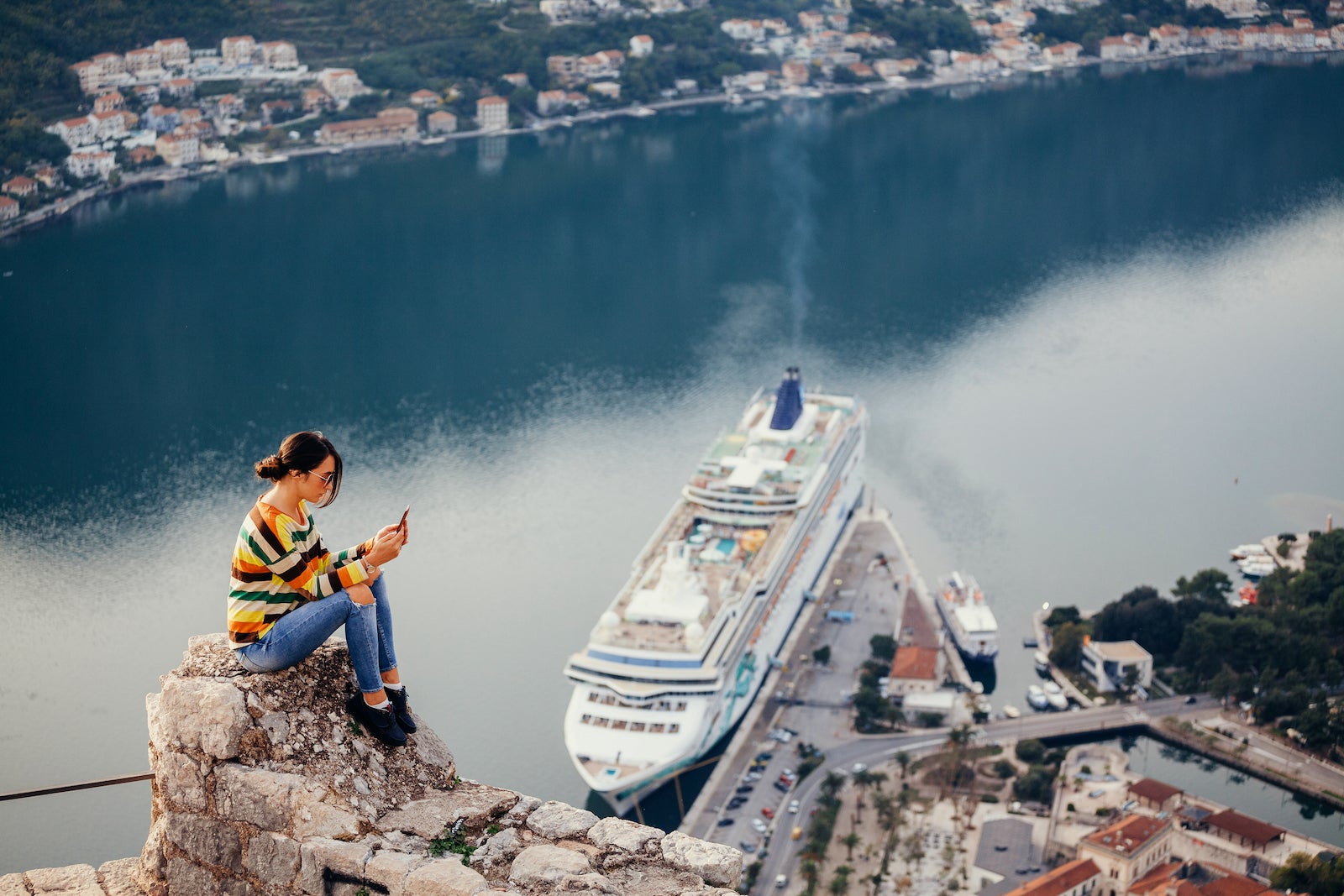
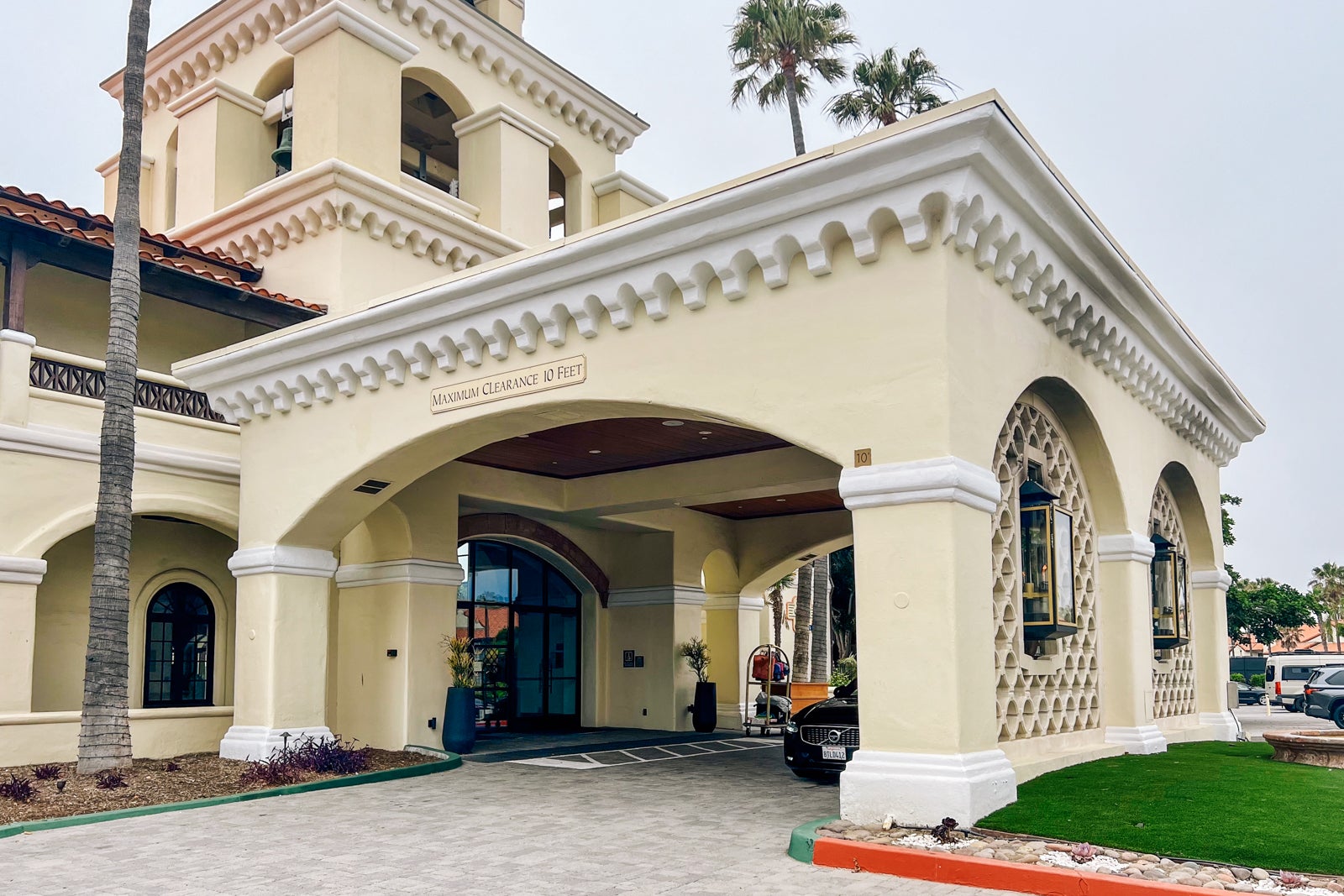
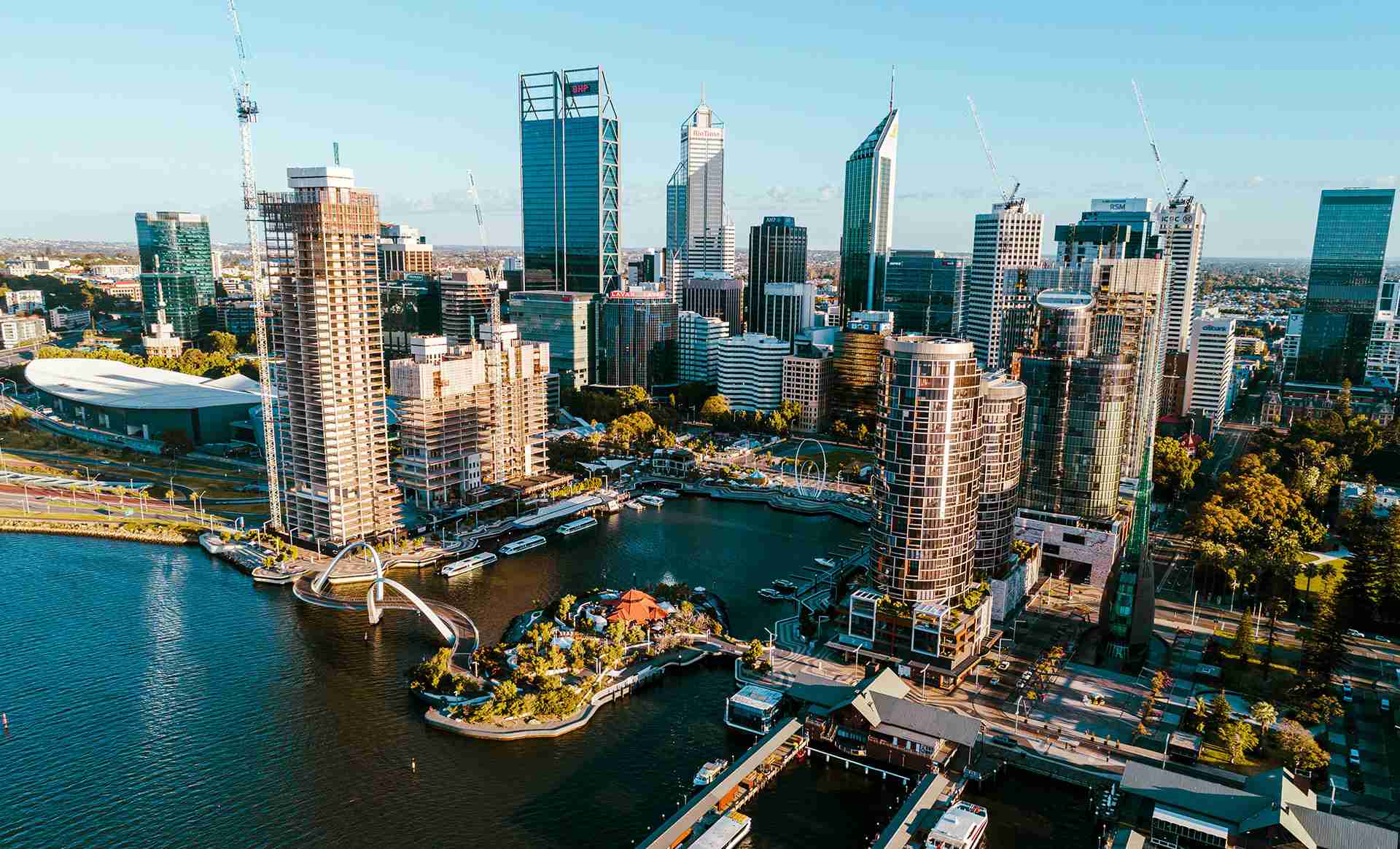
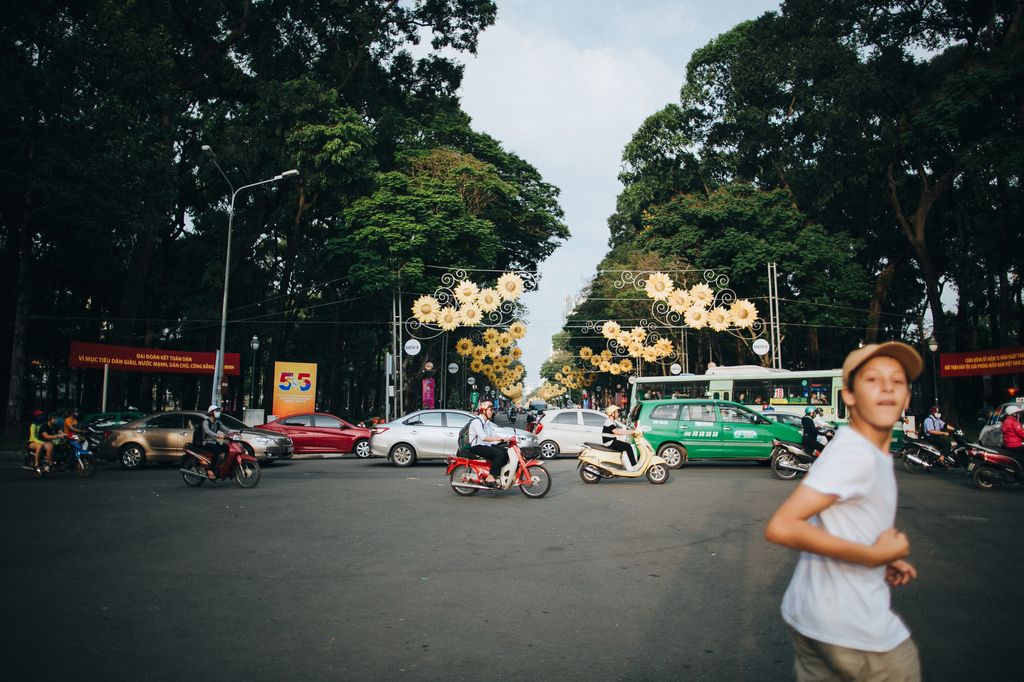




 English (US) ·
English (US) ·